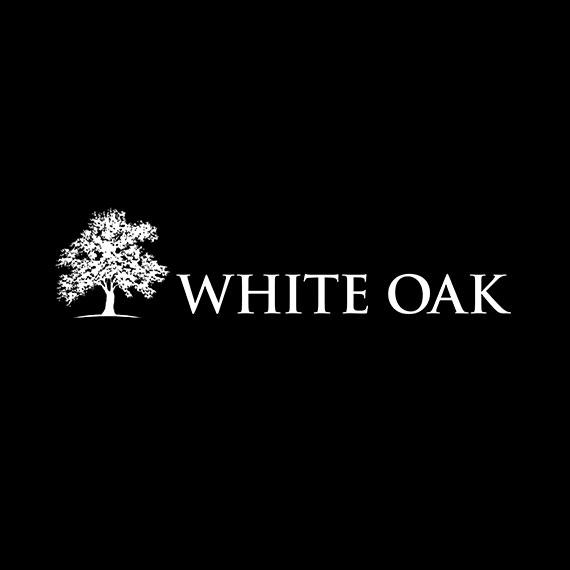The financial sector thrives on trust, transparency, and ethical conduct. When these pillars are compromised, the repercussions can be significant, affecting not only the involved parties but also the broader industry landscape. One recent example that has captured the attention of financial advisors is the lawsuit against White Oak Global Advisors.
This post delves into the details of a former employee’s lawsuit against White Oak Global Advisors, exploring the allegations of unfair termination and unethical financial practices. We’ll also discuss the broader implications for the industry and offer insights for financial advisors on how to navigate similar situations while upholding the highest standards of integrity.
The Lawsuit: A Closer Look at the Allegations
In early 2023, a former employee of White Oak Global Advisors filed a lawsuit alleging unfair termination and unethical financial practices. The employee claimed that they were terminated for raising concerns about certain financial activities that they believed to be unethical and potentially illegal. The allegations included:
- Unethical Financial Practices: The former employee alleged that White Oak Global Advisors engaged in practices that compromised investor interests. These practices purportedly included manipulating financial statements and misrepresenting the performance of certain investment portfolios.
- Retaliatory Termination: The lawsuit claimed that the employee was unfairly terminated for whistleblowing. According to the complaint, the employee faced retaliation after raising concerns internally, eventually leading to their dismissal.
- Lack of Transparency: The allegations also pointed to a broader culture of secrecy within the firm, where transparency was sacrificed in favor of maintaining an appearance of success.
White Oak Global Advisors’ Response
Implications for the Financial Industry
The lawsuit against White Oak Global Advisors raises several important issues that financial advisors should pay attention to:
1. The Importance of Whistleblower Protections
Whistleblowers play a critical role in exposing unethical practices within organizations. Financial advisors must be aware of the protections in place for whistleblowers and ensure that their firms foster an environment where employees feel safe to report concerns without fear of retaliation. Robust whistleblower policies can help maintain the integrity of financial institutions and protect investor interests.
2. Upholding Ethical Standards
The allegations of unethical financial practices highlight the need for unwavering commitment to ethical standards. Financial advisors should regularly review their practices and ensure they align with industry regulations and ethical guidelines. This includes accurate reporting, transparent communication with clients, and avoiding conflicts of interest.
3. Transparency and Accountability
Transparency is crucial in building and maintaining trust with clients. Financial advisors should prioritize clear and honest communication about investment strategies, risks, and performance. Additionally, firms should implement strong internal controls to ensure accountability and prevent unethical behavior. Tools like the EtrueSports iOS App can aid in achieving these goals by offering features that enhance transparency and client engagement.
Best Practices for Financial Advisors
In light of the White Oak Global Advisors lawsuit, here are some best practices for financial advisors to consider:
- Establish Clear Ethical Guidelines: Develop and enforce a code of ethics that outlines expected behavior and practices. Regularly train employees on these guidelines to ensure they understand and adhere to them.
- Promote a Culture of Transparency: Encourage open communication within your firm. Ensure that employees feel comfortable raising concerns and that those concerns are addressed promptly and appropriately.
- Implement Strong Internal Controls: Set up robust internal controls to monitor financial activities and detect any irregularities. Regular audits can help identify and address potential issues before they escalate.
- Protect Whistleblowers: Establish and communicate clear whistleblower policies that protect employees who report unethical behavior. Ensure that these policies are enforced consistently to create a safe environment for whistleblowers.
- Engage in Continuous Education: Stay informed about industry regulations and best practices. Encourage continuous education and professional development for yourself and your team to stay ahead of potential ethical challenges.
Conclusion
The lawsuit against White Oak Global Advisors serves as a stark reminder of the importance of ethical conduct and transparency in the financial sector. For financial advisors, this case underscores the need to uphold the highest standards of integrity, foster a culture of openness, and protect those who speak out against unethical behavior.
By implementing best practices and prioritizing ethical conduct, financial advisors can build trust with their clients, navigate complex industry challenges, and contribute to a more transparent and accountable financial landscape.
As the situation with White Oak Global Advisors continues to unfold, it will undoubtedly offer further lessons and insights for the industry. Stay tuned for updates and always strive to be a beacon of integrity in the world of finance.
For more detailed information and ongoing updates about the White Oak Global Advisors lawsuit, visit our website and sign up for our newsletter.









